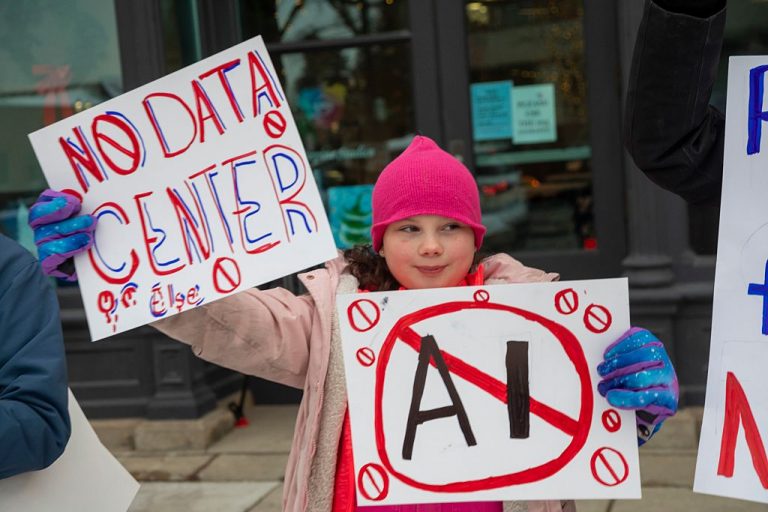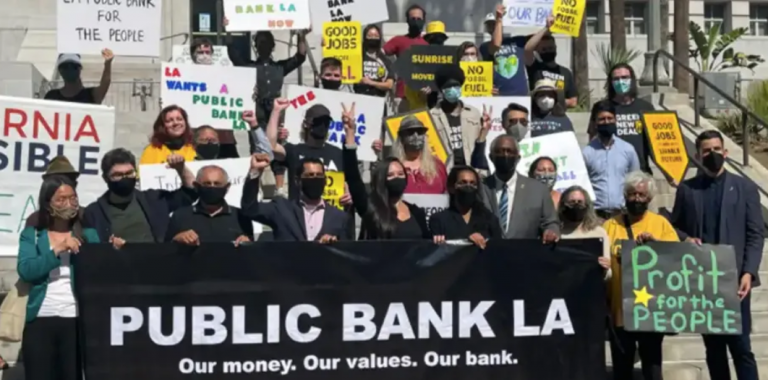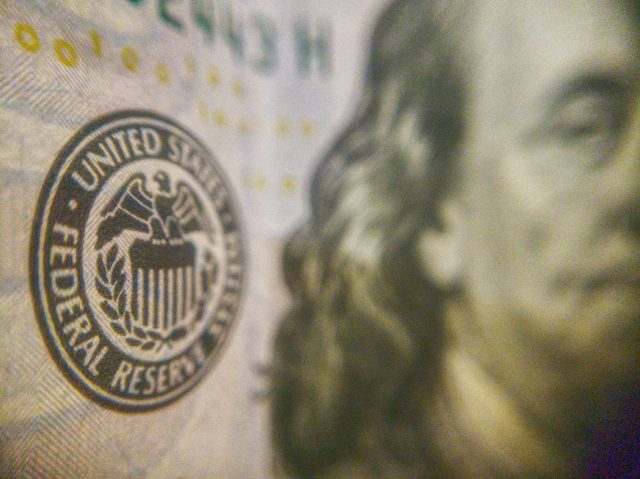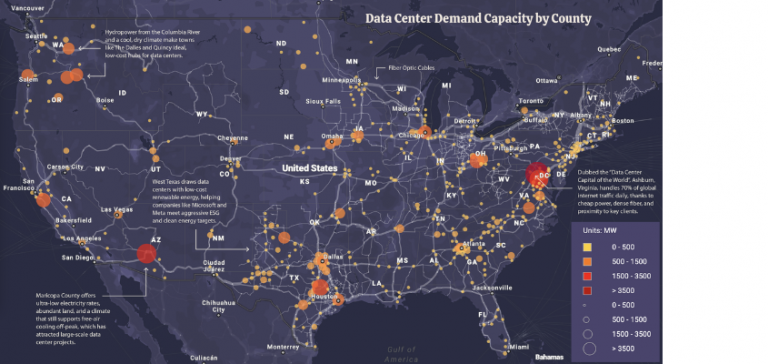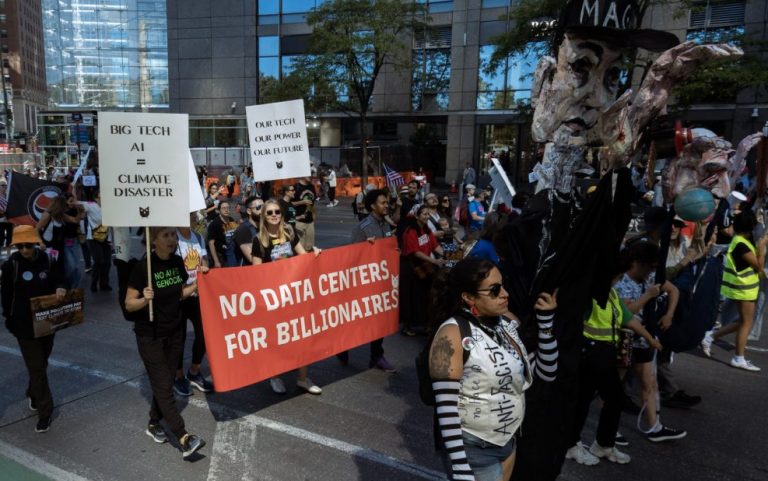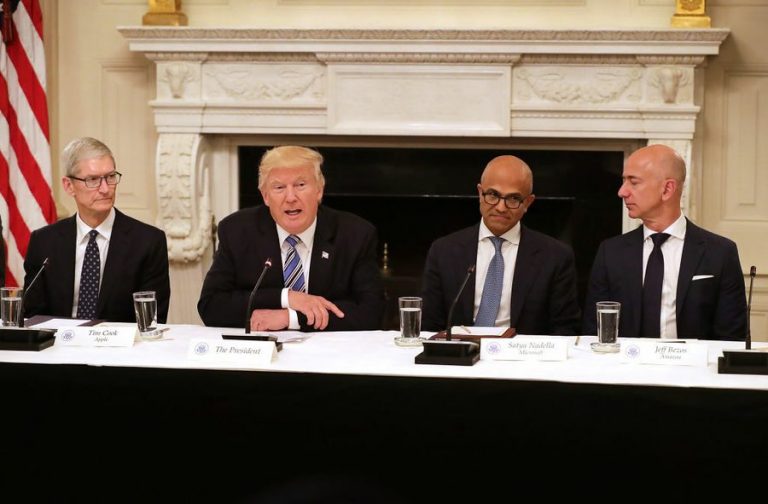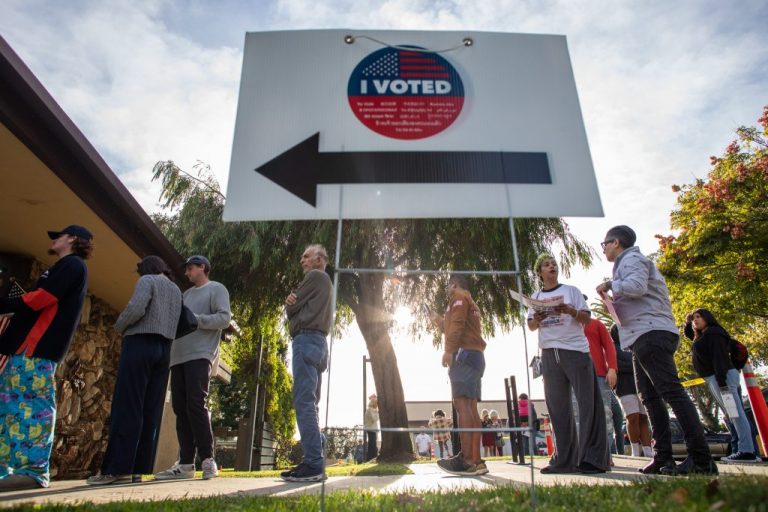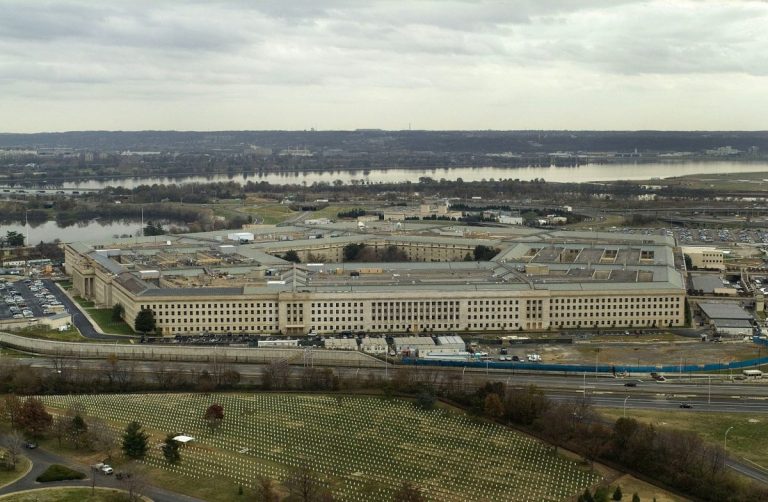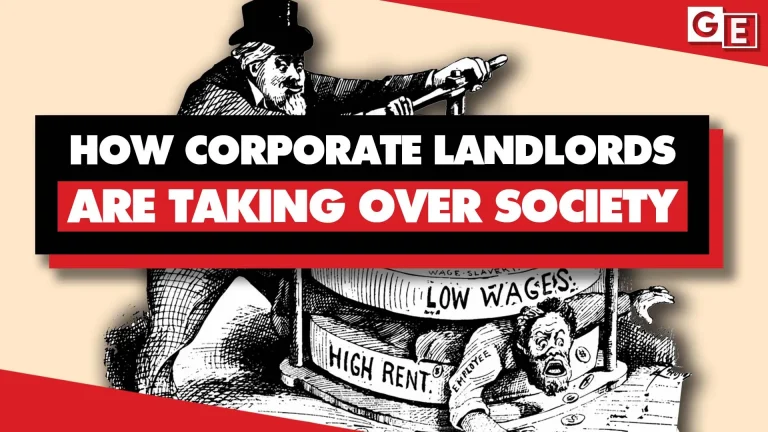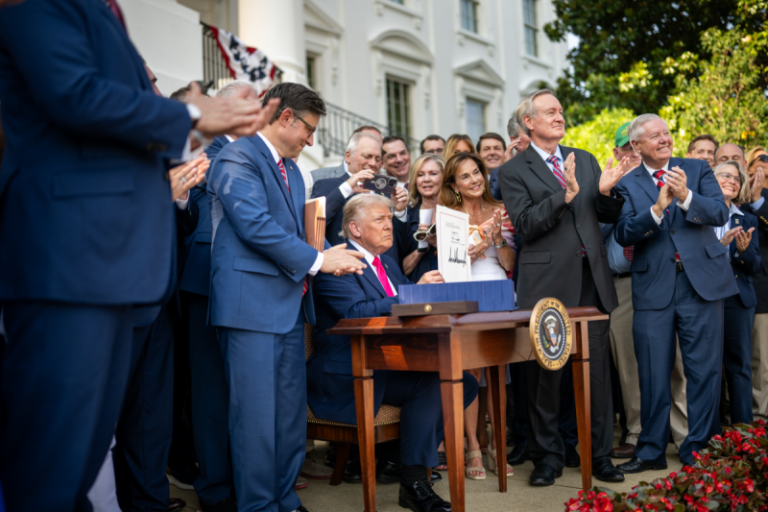Too Big To Heal
America’s health care spending is so out of control that the country’s economy is becoming dependent on it.
According to a report released today by the U.S. Department of Commerce, economic growth swelled in the third quarter of 2025. While that’s theoretically good news, an ever-larger share of that consumer spending is devoted to health care costs: Over the previous three months, expenditures on health care increased more than on any other goods or services. Health care spending, in fact, contributed more to the country’s gross domestic product growth than any other personal expenses.


